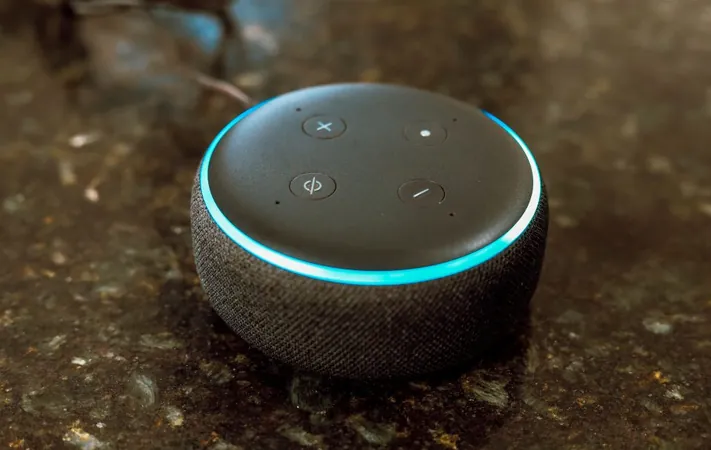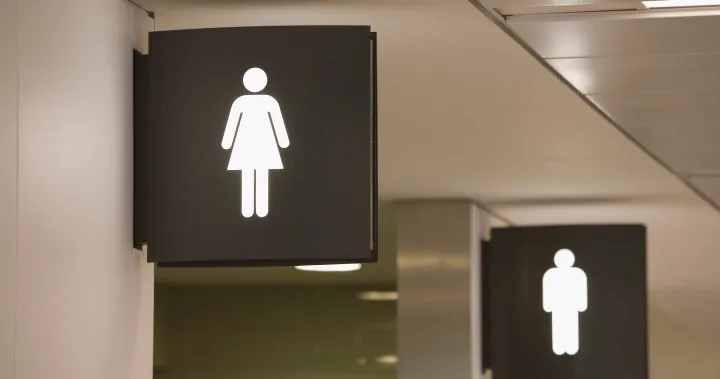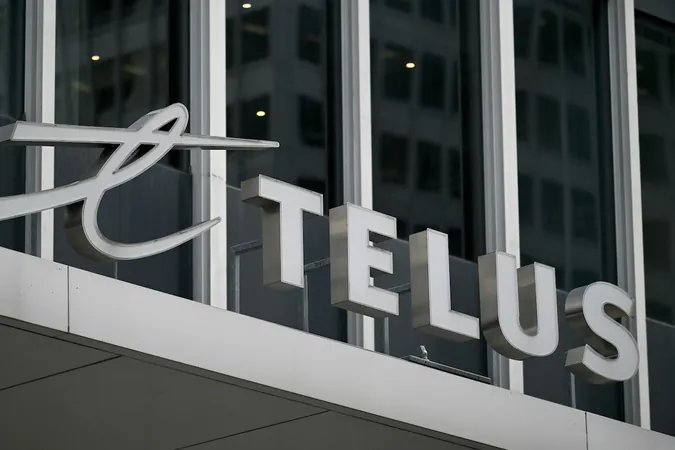
Amazon's Shocking New Alexa Policy: Are You Ready for Total Surveillance?
2025-03-14
Author: Olivia
Introduction
In a bold move that has raised alarms about privacy, Amazon has announced significant changes to how its Echo devices will handle voice recordings starting March 28. This comes on the heels of the introduction of a generative AI version of Alexa, dubbed Alexa+, which is set to roll out in the coming weeks.
Changes to Voice Recording Policy
Amazon recently sent out emails to Echo users informing them that the option to process requests locally, thereby keeping voice recordings off the cloud, will be discontinued. This change has particularly targeted those who previously opted for the “Do Not Send Voice Recordings” feature. From now on, all spoken requests to Alexa will be recorded and sent to Amazon’s cloud for processing.
Amazon's Justification
In its defense, Amazon claims that these updates are necessary to improve the functionality of its voice assistant, particularly with new features like the Alexa Voice ID—a capability that recognizes individual speakers. However, many users are left feeling uneasy. The thought of a tech giant having access to private conversations in their homes is unsettling for a lot of people.
Concerns Over Privacy
Adding to the distrust, Amazon's history with Alexa voice recordings is less than reassuring. In 2023, the company faced a $25 million penalty after it was revealed that recordings of children’s interactions with Alexa were stored indefinitely. Adults weren’t made adequately aware of how long recordings were kept until five years post-launch of the first Echo device.
Past Controversies
Moreover, a troubling report from Bloomberg in 2019 revealed that Amazon employees were listening to customer recordings to enhance the AI's performance. The company has also faced legal scrutiny regarding the usage of these recordings in criminal trials, which only enhances the skepticism surrounding privacy protocols.
Policy Changes and User Experience
As part of its new policy, Amazon assures customers that it will automatically delete voice recordings after processing them. However, users who have their Echo devices set to not save recordings will face limitations in functionality, as the Voice ID feature—which personalizes the device by remembering specific users—will be rendered inoperative.
Implications for Users
For the average consumer, this means a difficult decision: relinquish your privacy and allow Amazon to store and analyze your voice commands, or lose access to key functionalities that enhance your Alexa experience. The company has indicated that while the free version of Alexa will remain, Alexa+ is critical for Amazon to turn the assistant into a profitable venture, which prioritizes monetization over user privacy.
Conclusion
In conclusion, Amazon’s latest policy shifts leave Echo owners at a crossroads: comply with this new surveillance landscape or risk losing essential device features. As the tech world continues to evolve, users must weigh the convenience of advanced AI against the potential loss of personal privacy. Is the trade-off worth it? Only time will tell.









 Brasil (PT)
Brasil (PT)
 Canada (EN)
Canada (EN)
 Chile (ES)
Chile (ES)
 Česko (CS)
Česko (CS)
 대한민국 (KO)
대한민국 (KO)
 España (ES)
España (ES)
 France (FR)
France (FR)
 Hong Kong (EN)
Hong Kong (EN)
 Italia (IT)
Italia (IT)
 日本 (JA)
日本 (JA)
 Magyarország (HU)
Magyarország (HU)
 Norge (NO)
Norge (NO)
 Polska (PL)
Polska (PL)
 Schweiz (DE)
Schweiz (DE)
 Singapore (EN)
Singapore (EN)
 Sverige (SV)
Sverige (SV)
 Suomi (FI)
Suomi (FI)
 Türkiye (TR)
Türkiye (TR)
 الإمارات العربية المتحدة (AR)
الإمارات العربية المتحدة (AR)